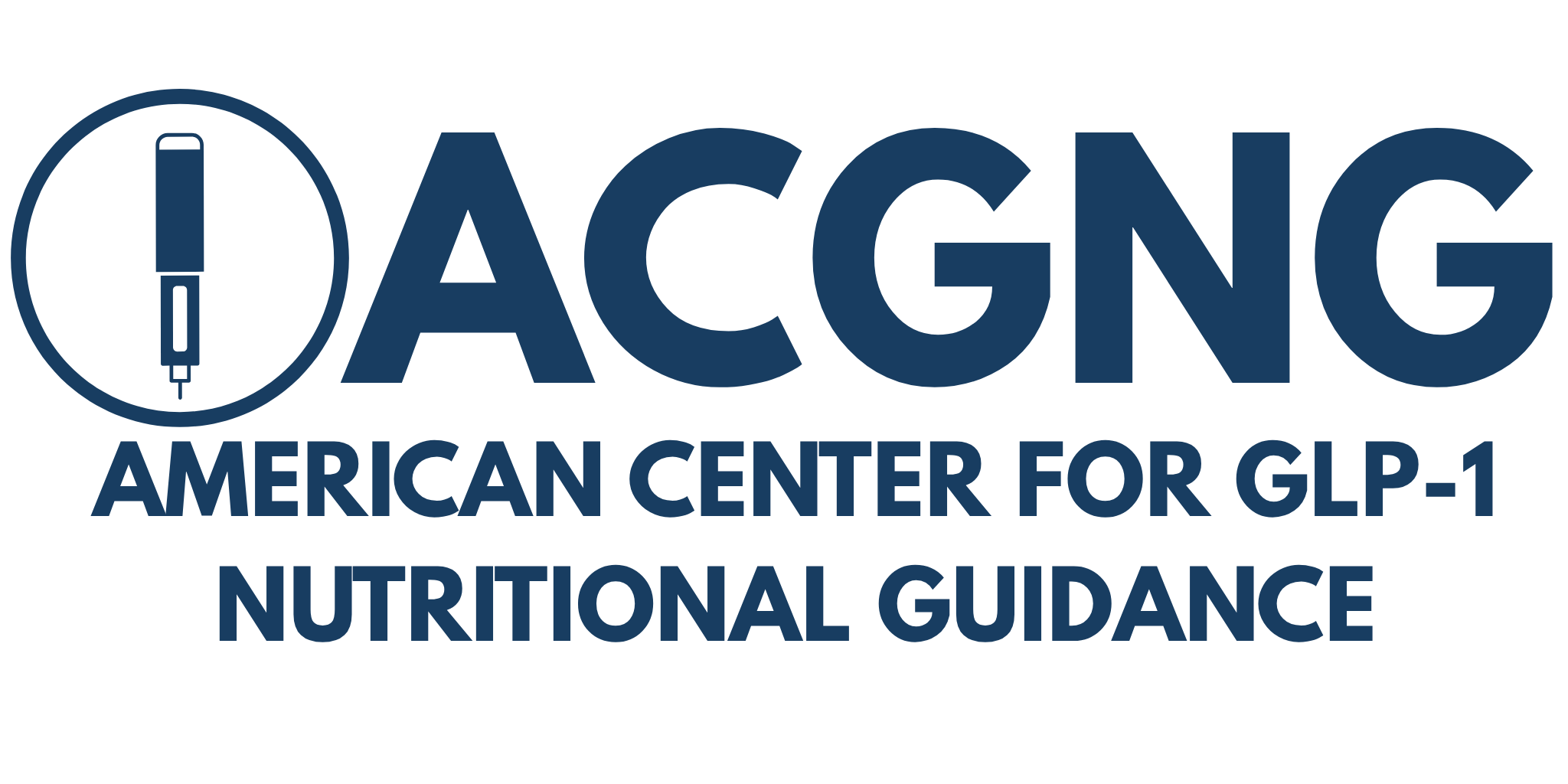Why Micronutrients Matter on GLP-1 Therapy
GLP-1 receptor agonists suppress appetite and slow digestion, leading to reduced food intake. While this supports weight loss, it can also lower intake of essential nutrients. Inadequate levels of vitamins and minerals can lead to fatigue, weakened immunity, hair thinning, and other health issues. Prioritizing key nutrients is essential for supporting metabolic health and overall well-being.
Key Vitamins to Monitor
- Vitamin B12: Critical for energy, red blood cells, and nerve health. Low intake and altered absorption make deficiency a risk. Supplementation often needed.
- Vitamin D: Supports immunity, mood, and bone health. Commonly deficient, especially in individuals with higher body fat or limited sun exposure.
- Folate (Vitamin B9): Supports red blood cell formation and DNA synthesis. Often paired with B12 in supplementation.
- Vitamin A: Important for skin, vision, and immune function. Found in liver, carrots, and leafy greens.
- Vitamin C: Essential for healing, antioxidant protection, and iron absorption.
Important Minerals
- Iron: At risk when red meat intake decreases. Deficiency can lead to fatigue and anemia, especially in menstruating women.
- Calcium: Essential for bones, especially when calorie intake is low. Calcium citrate is preferred for better absorption without food.
- Magnesium: Supports muscle, nerve function, and blood sugar regulation. Often low in those with poor intake or high stress.
- Zinc: Plays a role in wound healing, immune support, and taste perception. Intake may drop with reduced meat and grains.
- Potassium: Supports heart rhythm and muscle contraction. Found in fruits, vegetables, and dairy.
Signs of Deficiency to Watch For
- Fatigue or weakness (B12, Iron, Vitamin D)
- Hair loss (Zinc, Iron, Biotin)
- Muscle cramps or twitching (Magnesium, Potassium)
- Depressed mood or irritability (Vitamin D, B Vitamins)
- Constipation (Magnesium)
Supplementation Tips
- Use a high-quality multivitamin that includes iron, B-complex, D3, and magnesium.
- Take calcium and iron at different times to avoid absorption interference.
- Lab testing can confirm deficiencies—speak with your provider before supplementing large doses.
- Liquid, chewable, or capsule forms may be better tolerated than large tablets.
References
- NIH Office of Dietary Supplements. “Micronutrients for Weight Management.” Updated 2023.
- Mechanick JI et al. “Nutritional Management in Medical and Surgical Obesity Treatments.” Endocr Pract. 2022.
- Academy of Nutrition and Dietetics. “Vitamin and Mineral Supplementation Guidelines.” 2024.
- American Society for Metabolic and Bariatric Surgery. “Nutrient Deficiency Guidelines.” 2023.
